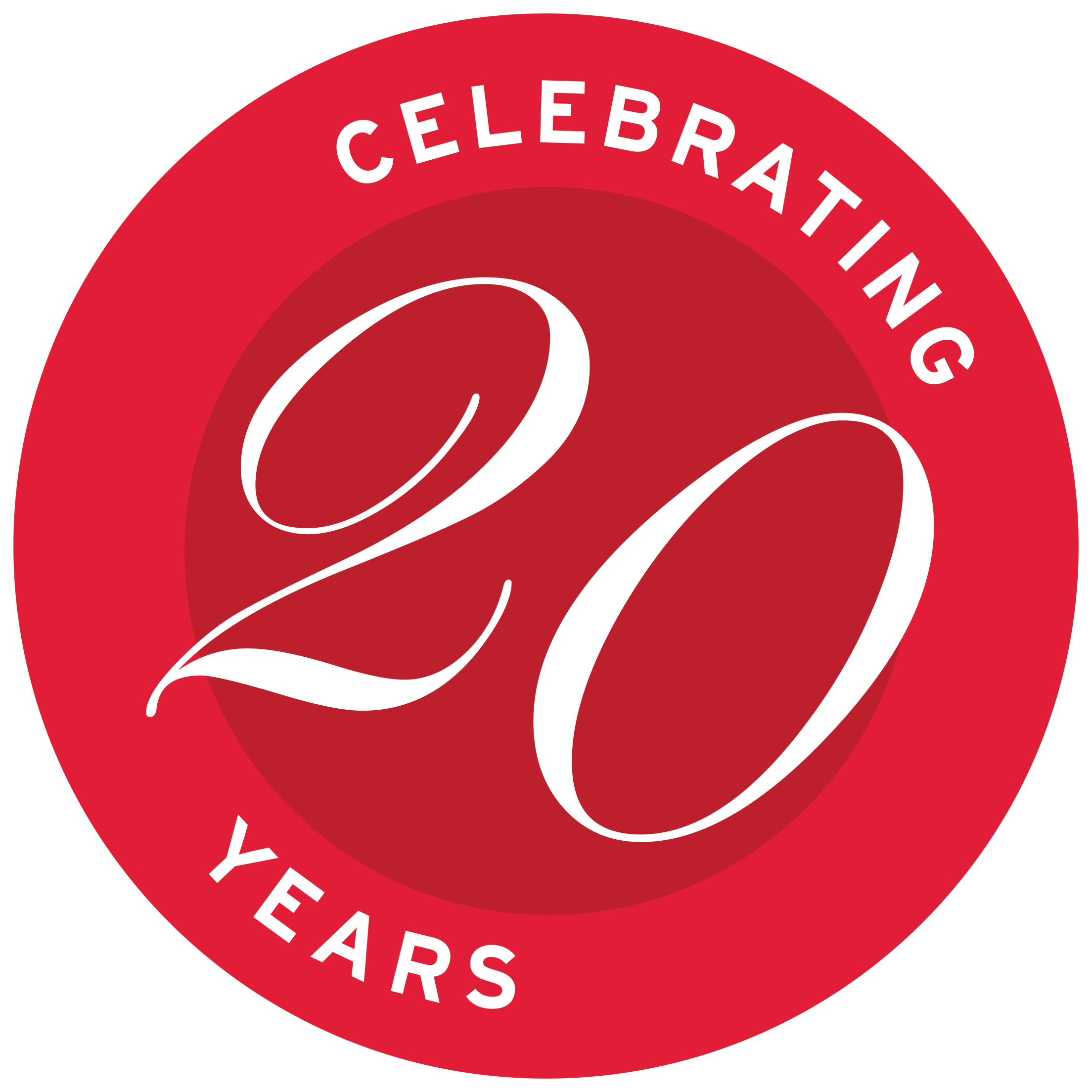20 Years and 20 Stories | David Noganosh

“I am passionate about the work I do and I can tell you, having new knowledge and from the Certificate in Aboriginal Law course is going to make my work that much easier.”
I have been a Mediator, Negotiator and Trainer since 2001. In 2012, I was selected Commissioner with the Anishinabek Nation Tribunal and Commission. I’ve been going out into First Nations doing Dispute Resolution here in Ontario. My firm is the only one in Ontario and I’m building that as we speak.
What’s changed is that in the 2000s and the mid-2000s, a lot of people were not familiar with dispute resolution in First Nations communities. It was a relatively new sort of concept in their communities. We’ve always had traditional ways of resolving conflict. A very important goal for me is to try and find a balance between having First Nations become reconnected to the traditional ways, and to incorporate some of the more contemporary ways of resolving conflict i.e. Dispute Resolution. It certainly wasn’t on the radar, it wasn’t on the landscape, but it was being talked about and so I think that’s what’s new and exciting now is that it’s more prominent in First Nation communities. You’re seeing a lot of people set up Dispute Resolution Systems and I’m very excited to be part of that. It’s an important piece of rebuilding our Nations and strengthening who we are as Indigenous peoples in this country now.
I am passionate about the work I do and I can tell you, having new knowledge from the Certificate in Aboriginal Law course is going to make my work that much easier. In terms of land claims, it has taken my mediation knowledge and expertise and negotiation and training to a whole new level. I’m way more comfortable in going forward into those communities because I have a much better understanding of what some of the legal implications are in terms of First Nations. I certainly would encourage community leadership to get involved in programs like this.








